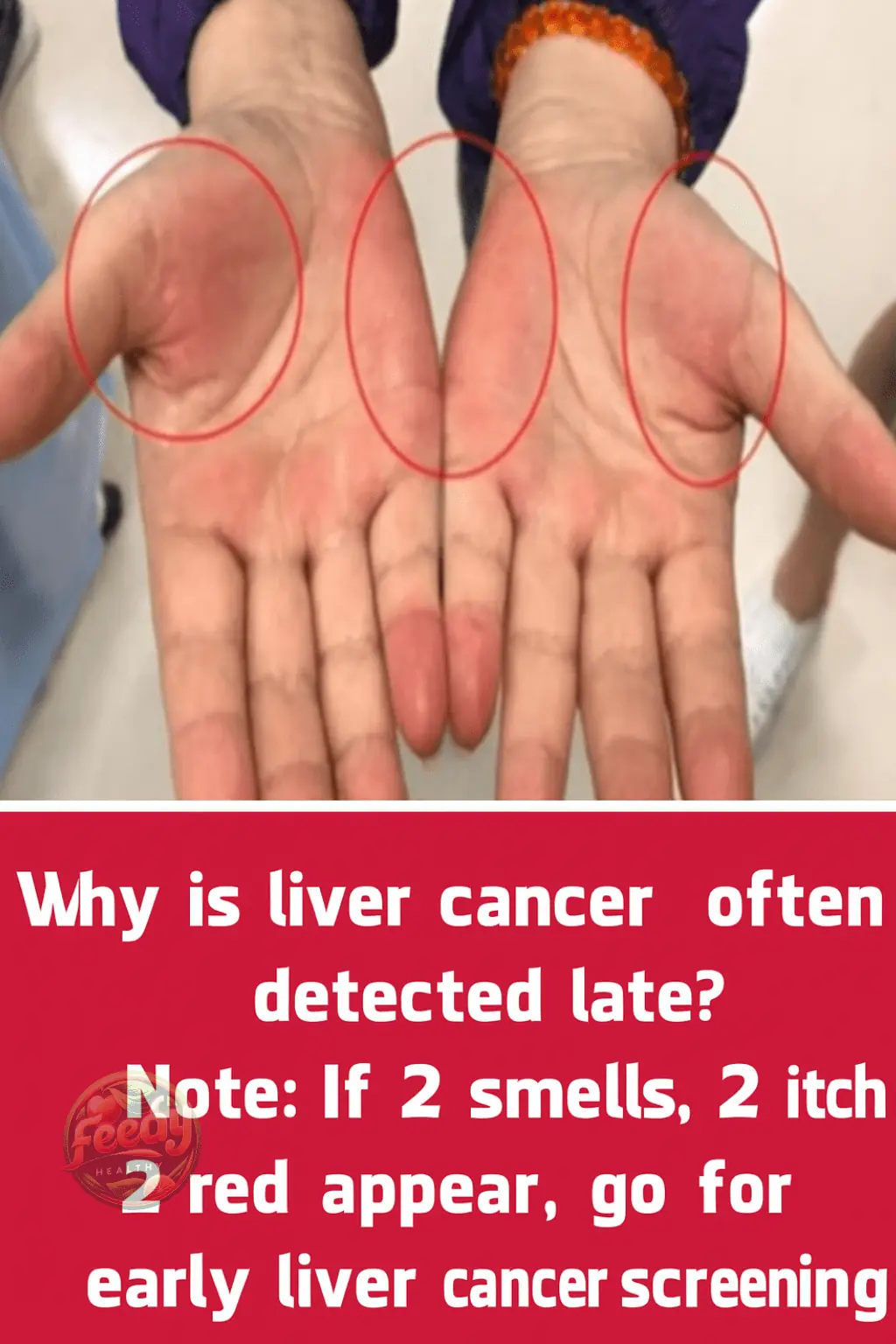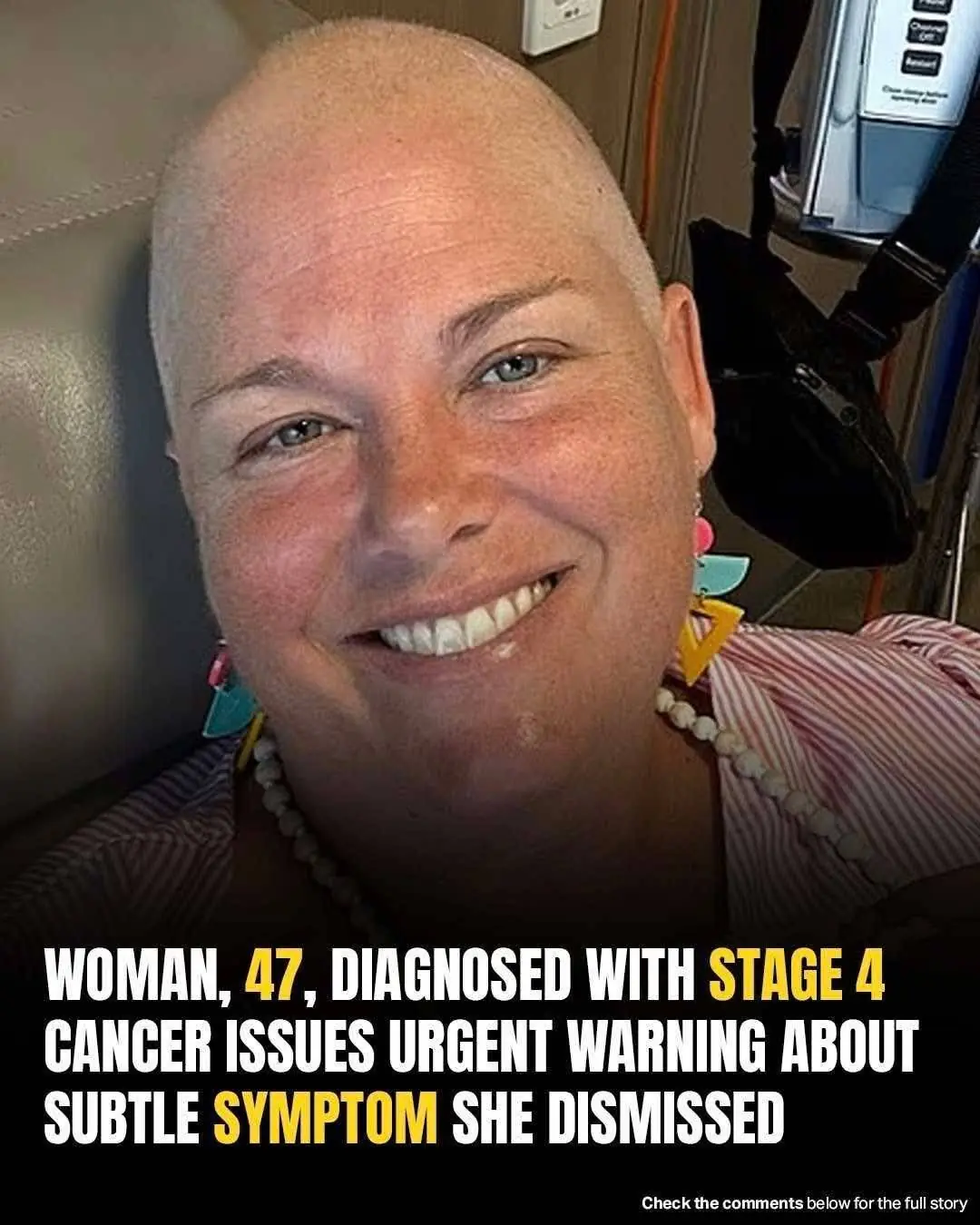
How One Cancer Survivor Triggered Interest in Repurposed Anti-Parasitic Drugs

In 2016, Joe Tippens, a 67-year-old businessman from Oklahoma, faced a terminal cancer diagnosis with very little hope. Diagnosed with small cell lung cancer, he endured chemotherapy and radiation, but after months of aggressive treatment, his doctors gave him only a few months to live.
However, a surprising tip from a veterinarian friend changed everything. Tippens heard about a scientist who used an anti-parasitic drug, fenbendazole, to cure her cancer and even saved herself. This sparked what would later become known as the “Joe Tippens Protocol,” a combination of fenbendazole, CBD, and Theracurmin (a turmeric extract).
Tippens decided to give it a try. He started taking fenbendazole (sold over the counter as Panacur) alongside his regular treatments. Just three months later, he was cancer-free.
Fenbendazole is an antiparasitic drug used for decades in animals, but it hasn’t been approved by the FDA for human use. Despite this, Tippens’ story has inspired many cancer patients to try the protocol, reporting anecdotal successes in their own treatments.
The Science Behind the Protocol
Oncologist Dr. William Makis has treated patients using the protocol and reports positive results, especially with aggressive cancers like small cell lung cancer. Research suggests that fenbendazole works in various ways to combat cancer, such as boosting tumor-suppressing proteins, disrupting cancer cell growth, and reducing sugar intake by cancer cells.
Recent studies indicate that fenbendazole can starve cancer cells by affecting their energy metabolism, which leads to their death without harming normal cells. There are even animal studies that support fenbendazole’s potential as an effective cancer treatment.
Patient Success Stories
Donna Leland, a radio host diagnosed with Stage 3 cervical and endometrial cancer, credits the Tippens Protocol for her recovery. After choosing not to undergo traditional chemotherapy, she began using fenbendazole and ivermectin, another anti-parasitic drug. One year later, she remains cancer-free, with no signs of recurrence.
Leland, like many others, found hope in this alternative treatment, which is being embraced by people worldwide. The protocol has spread, particularly in China, where over 70,000 people have followed it after reading about Tippens’ story.
Challenges and Risks
Despite its growing popularity, the use of fenbendazole and other repurposed drugs in cancer treatment is controversial. The FDA has not approved these drugs for human cancer treatment, and many doctors remain hesitant to prescribe them due to regulatory and safety concerns. However, some integrative physicians, like Dr. Makis, advocate for the exploration of alternative treatments when conventional methods fail.
The use of anti-parasitic drugs like fenbendazole and ivermectin has sparked debate, but Tippens remains committed to spreading awareness, refusing to profit from his findings. His success story continues to inspire many, even as research into the broader use of these drugs for cancer treatment advances.
Looking Forward
As more patients and researchers explore the potential of repurposed anti-parasitic drugs, Tippens hopes that his story will help bring about a revolution in cancer treatment, allowing for more options beyond traditional therapies.
With ongoing research and growing patient success stories, the future of cancer treatment may be broader than we ever imagined.
News in the same category


5 Essential Leaves to Naturally Improve Your Eye Health

16 Benefits of Chayote Juice: Say Goodbye to Pills and Hello to Natural Healing

Why Is Liver Cancer Often Detected Late? Note: If You Notice 2 Odors, 2 Itches, and 2 Red Areas, Get Screened Early

Two Itchy Areas on the Body Could Be a Sign of Liver Cancer—Often Mistaken for Allergies

Say Goodbye to Anemia, Blurry Vision, and Fatty Liver with This Natural Drink

The 4 Golden Hours to Drink Coffee for Maximum Health Benefits: Detox Your Liver and Boost Digestion

8 Foods That Are Natural Enemies of Tumors – Make Them Part of Your Regular Diet

Fig Sap: Nature’s Quiet Remedy for Skin, Digestion & Everyday Wellness

A 14-Year-Old Girl Diagnosed with Bowel Cancer Due to Her Mother's Busy Schedule: A Wake-Up Call About 5 Foods Children Should Never Eat for Breakfast

5 Mouth Symptoms That Could Signal Cancer – Don’t Ignore the Pain

Stage 4 cancer patient warns overlooked minor signs can mask a fatal disease

Fatty Liver Reversed Completely by Doing This Simple Daily Habit, Says Doctor: “It’s Free and Easy”

9 Symptoms of Kidney Disease and Kidney Failure Everyone Should Know

Doctor Warns: Common "Money-Saving" Habits May Lead to Cancer – A Family of Three Diagnosed

Honeybee Venom: A Natural Breakthrough in the Battle Against Breast Cancer

5 Concerning Symptoms During Sleep That May Signal an Impending Stroke

Do You Eat Cucumber? Few Know It Helps With THIS – Incredible Benefits of Eating Cucumber for Varicose Veins
News Post

The Power of Cloves: A Natural Miracle for Health

Ginger Water: A Natural Tonic for Weight Loss, Digestion, and Joint Health

The Powerful Natural Drink to Heal Cancer, Diabetes, High Blood Pressure, and Poor Circulation

"The Powerful Health Benefits of Thyme"

Expel Mucus from the Lungs, Relieve Dry Cough, and Sinusitis Naturally

Restore Your Vision, Memory, and Alleviate Migraines with This Powerful Smoothie

Warning from K Hospital: Daily Consumption of Certain Meats May Increase Cancer Risk – Don’t Take It Lightly!

Glee star Cory Monteith's parents tragically die weeks apart following his death 12 years ago

8 Uses for Epsom Salt Few People Know About

Natural BOMB 🍊🍯 for Cleansing the Liver and Blood Vessels: 3 Old Forgotten Recipes!(With Ginger, Beet, and Carrot)

Transform Your Health with a Secret Mix of Parsley and Apple! 🍏🌿

Supporting Joint Health Naturally

Soothe Knee and Joint Discomfort with Nature’s Secret Tea Blend

Making the Most of Avocados with Dark Spots

Discover the Power of Garlic Against Infections

Discover the Hidden Value of Lemon Seeds 🍋✨

If You Start Preparing Nopal with Beetroot, You’ll Thank Me Forever

Discover the Magic of Cabbage Leaves for Joint Comfort
